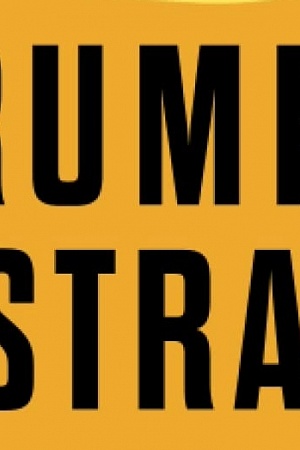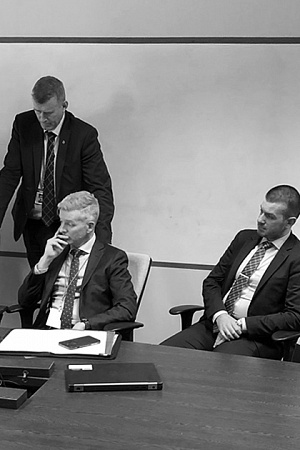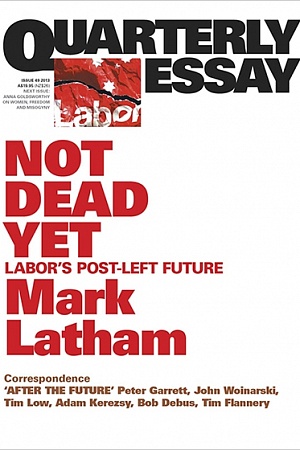The Statue of Liberty: How Australians Can Take Back Their Rights
Vintage, $19.95 pb, 244 pp, 9781741666823
Beetroot on my hamburger
In characteristically symbolic fashion, the Rudd government chose the sixtieth anniversary of the Universal Declaration of Human Rights (10 December 2008) to announce a consultation process into human rights protection in Australia. Attorney-General Robert McClelland appointed a committee, headed by Jesuit priest and lawyer Frank Brennan, to consult the public on issues including whether Australia needs a bill (or charter) of rights and responsibilities. Geoffrey Robertson’s latest book, The Statute of Liberty: How Australians Can Take Back Their Rights, injects much-needed energy, imagination, and international context into this rather circumscribed debate. ‘I have spent my professional life making arguments based on bills of rights,’ says Robertson. As a distinguished and courageous human rights lawyer-activist, his emphatically pro-charter stance commands the thoughtful consideration of supporters, opponents, and equivocators alike.
That is not to say that Robertson’s views should automatically prevail, or that his book is comprehensive or flawless. While his prose is accessible – simple but not simplistic, as he puts it – the book also shows signs of hasty assemblage, perhaps to ensure its publication at the commencement of the national consultation process. The combination of history lesson, human rights primer, and polemic is occasionally disjointed. Some of the technical detail is sketchy (though never unclear); readers might choose to fill in gaps with more sober texts. Most significantly, because the book is so compressed, there is not always space for Robertson to expand upon his themes. For instance, while his potted history of human rights from the Magna Carta to the International Criminal Court provides useful background, and while it emphasises Australia’s vital role in the drafting of the Universal Declaration of Human Rights, a similar discussion in Robertson’s landmark work Crimes against Humanity: The Struggle for Global Justice (third edition, 2006) is considerably more comprehensive, honed, and eloquent.
Continue reading for only $10 per month. Subscribe and gain full access to Australian Book Review. Already a subscriber? Sign in. If you need assistance, feel free to contact us.















Leave a comment
If you are an ABR subscriber, you will need to sign in to post a comment.
If you have forgotten your sign in details, or if you receive an error message when trying to submit your comment, please email your comment (and the name of the article to which it relates) to ABR Comments. We will review your comment and, subject to approval, we will post it under your name.
Please note that all comments must be approved by ABR and comply with our Terms & Conditions.